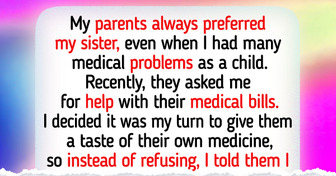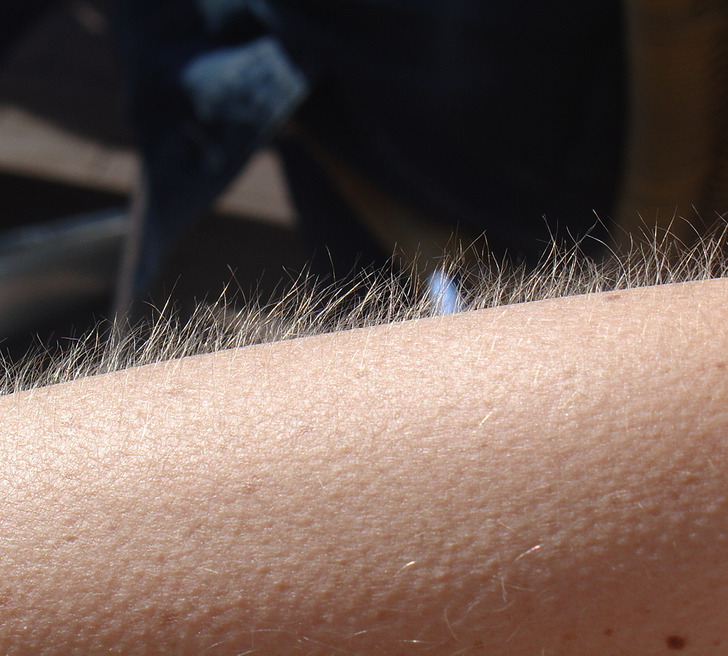Good afternoon. Alexis father asked for a picture of me & my favorite family and fashion. He wants me to flaunt my hair and clothes with sandals??
9 Ways Your Body Communicates Without You Even Knowing It
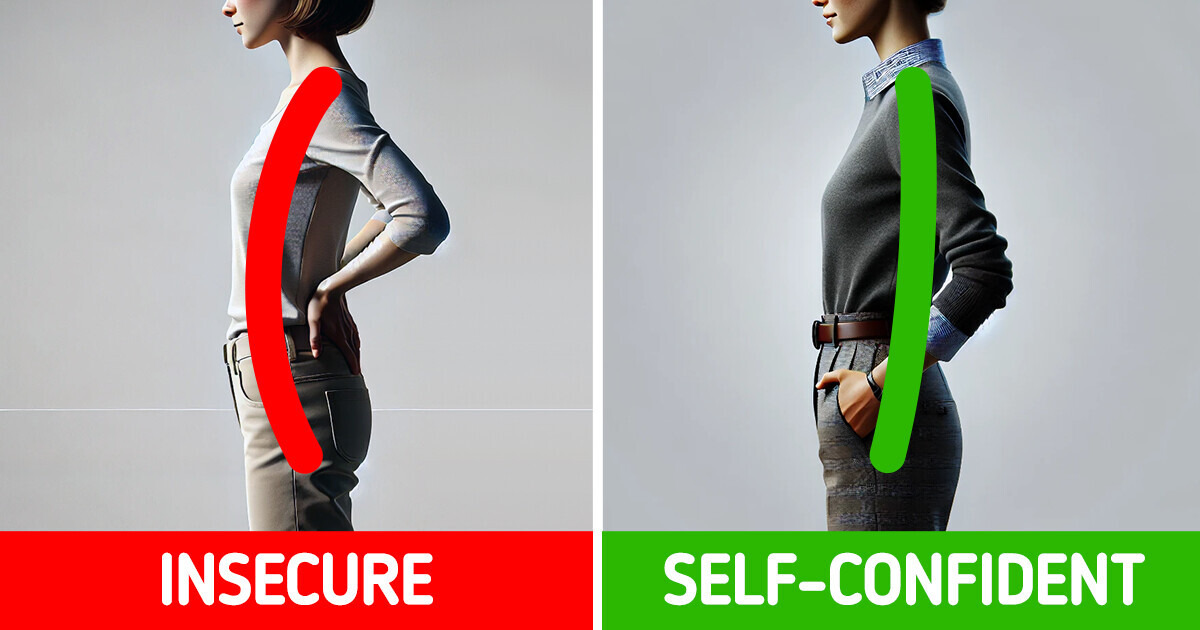
Our bodies are machines, constantly sending signals and messages, often without our awareness. These subtle, subconscious forms of communication can reveal our thoughts and emotions to those around us. So next time you’re in a conversation, remember: Your body is talking—even when you’re not. What is it saying about you?
1. Skin reactions
Blushing, sweating, or even goosebumps are involuntary responses your body uses to quickly telegraph your emotions. Blushing can signal embarrassment, while sweating might reveal stress or nervousness. Goosebumps may be another sign of intense emotions—from fear to nostalgia and happiness.
2. Breathing patterns

Your breathing changes with your emotions—fast and shallow when you’re anxious, slow and deep when you’re calm. This isn’t just an internal reaction; others can pick up on these cues and sense your emotional state. That’s why, by consciously controlling your breath, you can influence not only your emotions but also how others perceive your mood.
3. Shoulder tension

Your shoulders naturally tense up when you’re stressed or anxious. While you might not consciously notice it, others can perceive this as a sign of worry or discomfort. Regularly relaxing your shoulders can help signal calmness and approachability.
4. Jaw shifting
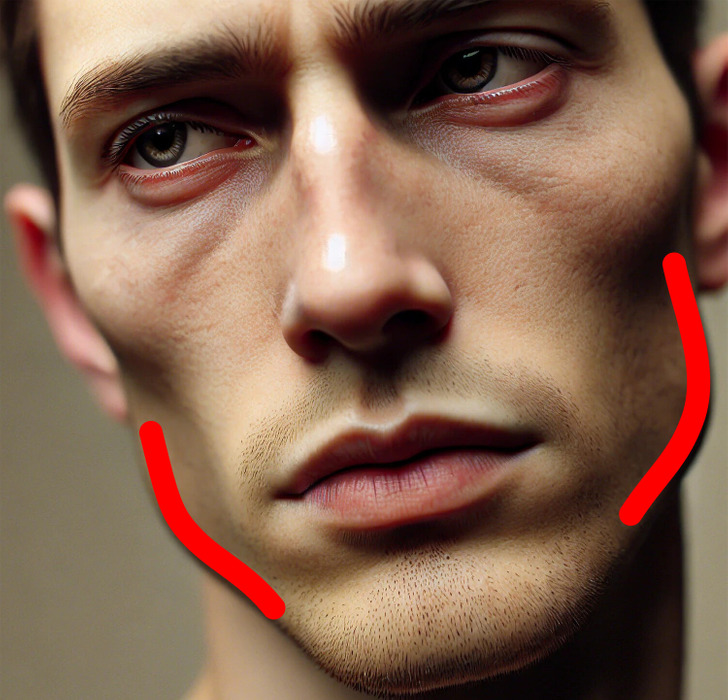
Shifting your jaw—sometimes without even realizing it—can reveal frustration, anxiety, or stress. Even if your face appears calm, this subtle tension often gives away underlying emotions, which can be different: having difficulty with a question, lacking confidence, having doubts, lying, or being caught doing something wrong.
5. Shoulder shrugs

A slight shrug of the shoulders, even if it seems unconscious, can signal uncertainty or lack of commitment. Experts confirm that people often make this gesture when they feel unsure about their own statements or actions. This subtle body language often complements verbal hedges like "I guess" or "maybe," reinforcing the impression of doubt. In some cases, it can even be viewed as disrespectful, as it indicates that you don't really care about what the other person is asking or saying.
6. Swallowing

Frequent swallowing, especially in stressful situations, can be a subconscious reaction to nerves or anxiety. This act, tied to the "fight or flight" response, occurs because stress reduces saliva production, causing dry mouth. Swallowing becomes a way to compensate. Turns out, public speakers or performers often struggle with this during high-pressure moments, and it’s considered a key indicator of performance anxiety.
7. Flared nostrils
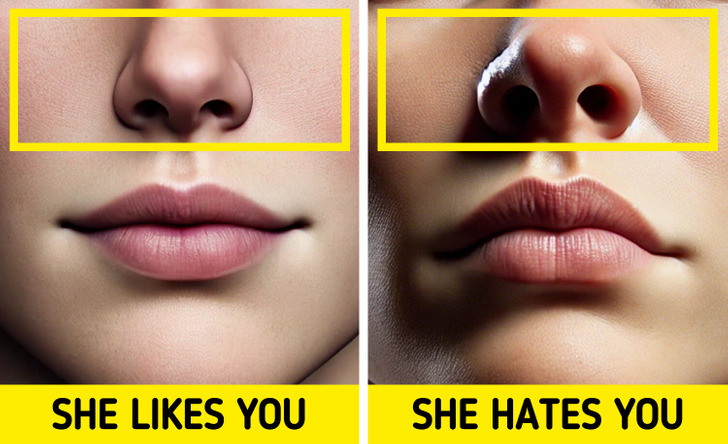
Flared nostrils are a primal, subconscious response to strong emotions like anger, fear, or excitement. This reaction, linked to the body’s preparation for action, increases airflow and primes the body for fight or flight. This response is inherited from our ancestors, who relied on heightened breathing efficiency to escape predators or engage in conflict.
8. Weight shifts
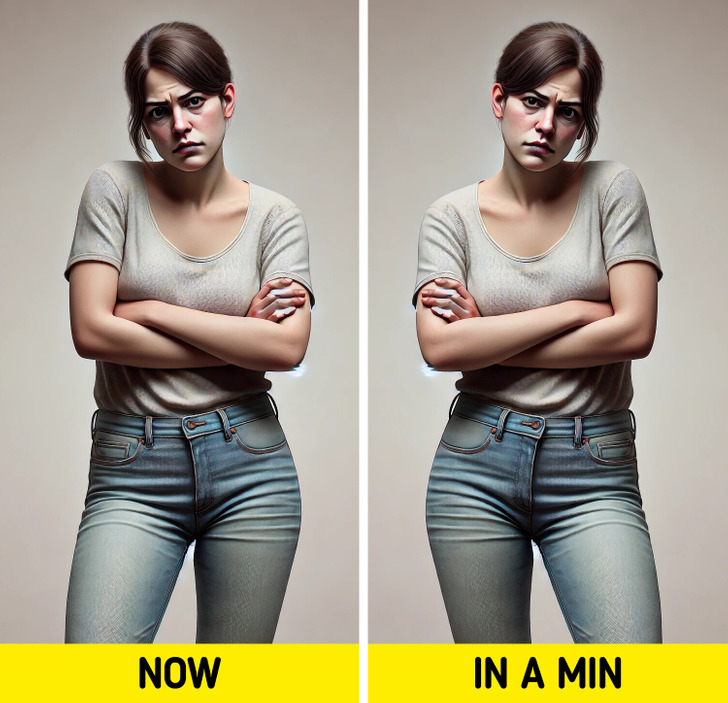
Shifting your weight from one foot to another can reveal your comfort level in a situation. Frequent shifts suggest nervousness, impatience, or a desire to leave, often betraying an internal struggle to appear relaxed. On the other hand, standing firmly in place indicates confidence and engagement. Public figures often train to control such movements to project authority and calmness during public appearances.
9. Posture
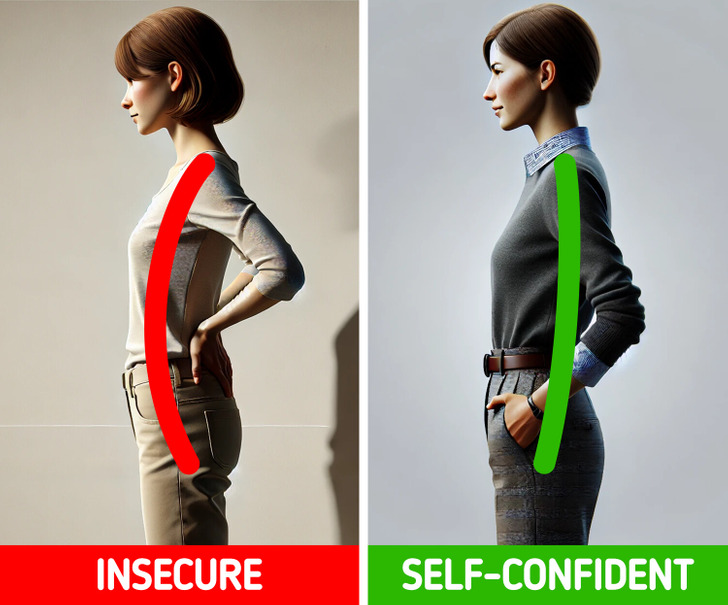
The way you naturally stand can convey dominance or openness. A slight forward tilt is often interpreted as confidence and eagerness to connect, drawing others into your space and signaling readiness. Conversely, a backward tilt may suggest defensiveness, discomfort, or even distrust.
These surprising signals further highlight how deeply interconnected our bodies and minds are—and how much of our inner world is visible to those who know how to look. By becoming more aware of these behaviors, you can better control how you present yourself and understand the unspoken language of others.
Comments
Related Reads
11 Pics That Show How Hard It Is to Keep Up With Modern Beauty Standards
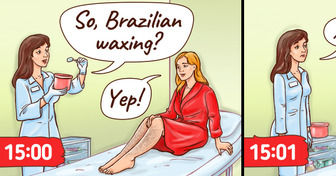
10+ True Stories That Are More Disturbing Than Any Eerie Fiction
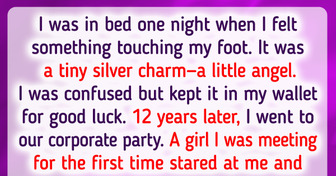
My Daughter Abandoned Me at My Weakest — Suddenly She Wants to Reconnect
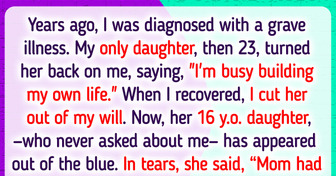
12 People Who Experienced the Most Eerie Kind of Disgust
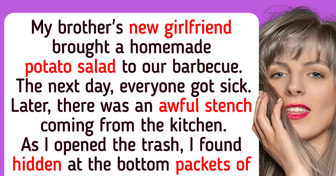
10 Powerful Stories That Show Kindness Always Finds Its Way Back
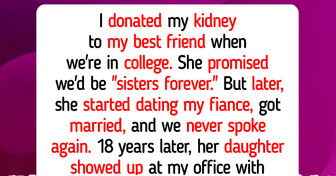
I Refuse to Be the Villain When My Boss Is the Real Time Thief
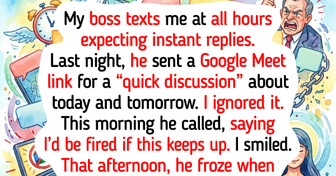
15 Moments That Prove Quiet Kindness Doesn’t Break, Even When We Do
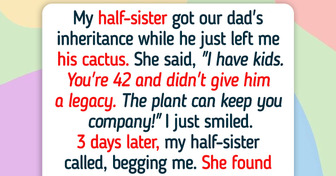
15 Success Moments From Strangers That Deserve All the Golden Buzzers in the World
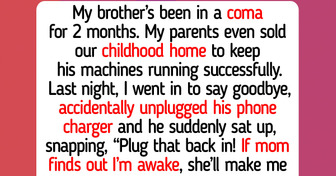
15 Moments That Show Kindness Is Quiet but Changes Everything

I Refused to Train My New Colleague for Free, I’m Not a Charity
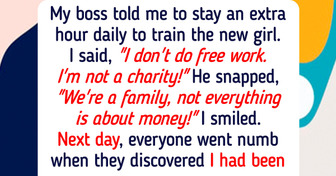
I Refuse to Be My Brother’s ATM Anymore—The Revenge He Planned Was Sick
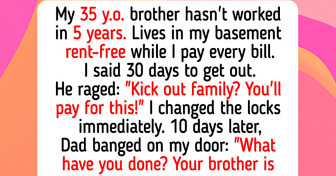
My Family Always Prioritized My Sister—Then Expected Me to Help Them With Medical Bills
